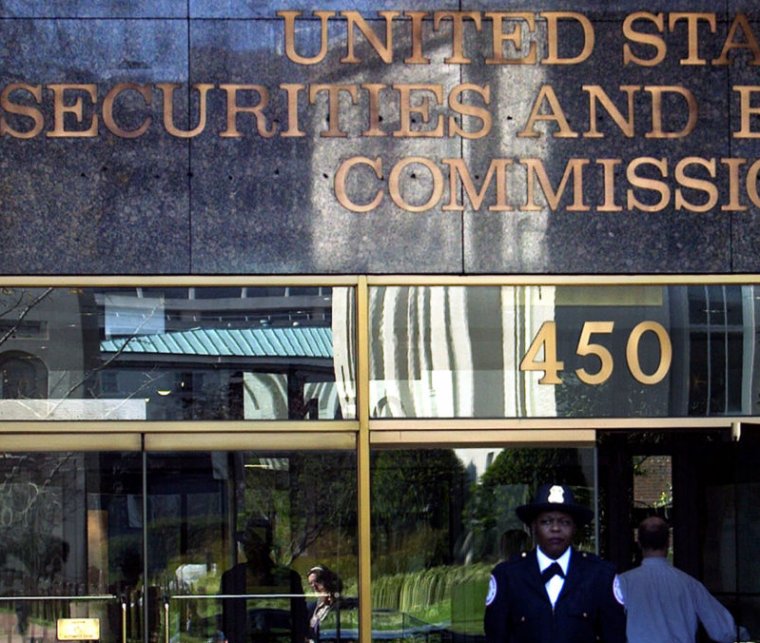
The Securities and Change Fee (SEC) would require some monetary establishments to reveal safety breaches inside 30 days of studying about them.
On Wednesday, the SEC adopted adjustments to Regulation S-P, which governs the remedy of the non-public info of customers. Beneath the amendments, establishments should notify people whose private info was compromised “as quickly as practicable, however not later than 30 days” after studying of unauthorized community entry or use of buyer information. The brand new necessities shall be binding on broker-dealers (together with funding portals), funding firms, registered funding advisers, and switch brokers.
“During the last 24 years, the character, scale, and affect of knowledge breaches has remodeled considerably,” SEC Chair Gary Gensler mentioned. “These amendments to Regulation S-P will make crucial updates to a rule first adopted in 2000 and assist defend the privateness of consumers’ monetary information. The essential thought for lined companies is if you happen to’ve bought a breach, then you definitely’ve bought to inform. That’s good for buyers.”
Notifications should element the incident, what info was compromised, and the way these affected can defend themselves. In what seems to be a loophole within the necessities, lined establishments don’t must challenge notices in the event that they set up that the non-public info has not been utilized in a solution to lead to “substantial hurt or inconvenience” or isn’t prone to.
The amendments would require lined establishments to “develop, implement, and preserve written insurance policies and procedures” which are “fairly designed to detect, reply to, and get well from unauthorized entry to or use of buyer info.” The amendments additionally:
• Broaden and align the safeguards and disposal guidelines to cowl each nonpublic private info {that a} lined establishment collects about its personal clients and nonpublic private info it receives from one other monetary establishment about clients of that monetary establishment;
• Require lined establishments, apart from funding portals, to make and preserve written information documenting compliance with the necessities of the safeguards rule and disposal rule;
• Conform Regulation S-P’s annual privateness discover supply provisions to the phrases of an exception added by the FAST Act, which offer that lined establishments will not be required to ship an annual privateness discover if sure situations are met; and
• Prolong each the safeguards rule and the disposal rule to switch brokers registered with the Fee or one other applicable regulatory company.
The necessities additionally broaden the scope of nonpublic private info lined past what the agency itself collects. The brand new guidelines will even cowl private info the agency has obtained from one other monetary establishment.
SEC Commissioner Hester M. Peirce voiced concern that the brand new necessities might go too far.
“Immediately’s Regulation S-P modernization will assist lined establishments appropriately prioritize safeguarding buyer info,” she https://www.sec.gov/information/assertion/peirce-statement-reg-s-p-051624 wrote. “Clients shall be notified promptly when their info has been compromised to allow them to take steps to guard themselves, like altering passwords or maintaining a better eye on credit score scores. My reservations stem from the breadth of the rule and the chance that it’ll spawn extra client notices than are useful.”
Regulation S-P hadn’t been considerably up to date since its adoption in 2000.
Final 12 months, the SEC adopted new rules requiring publicly traded firms to reveal safety breaches that materially have an effect on or are fairly prone to materially have an effect on enterprise, technique, or monetary outcomes or situations.
The amendments take impact 60 days after publication within the Federal Register, the official journal of the federal authorities that publishes rules, notices, orders, and different paperwork. Bigger organizations may have 18 months to conform after modifications are revealed. Smaller organizations may have 24 months.
Public feedback on the amendments can be found right here.






